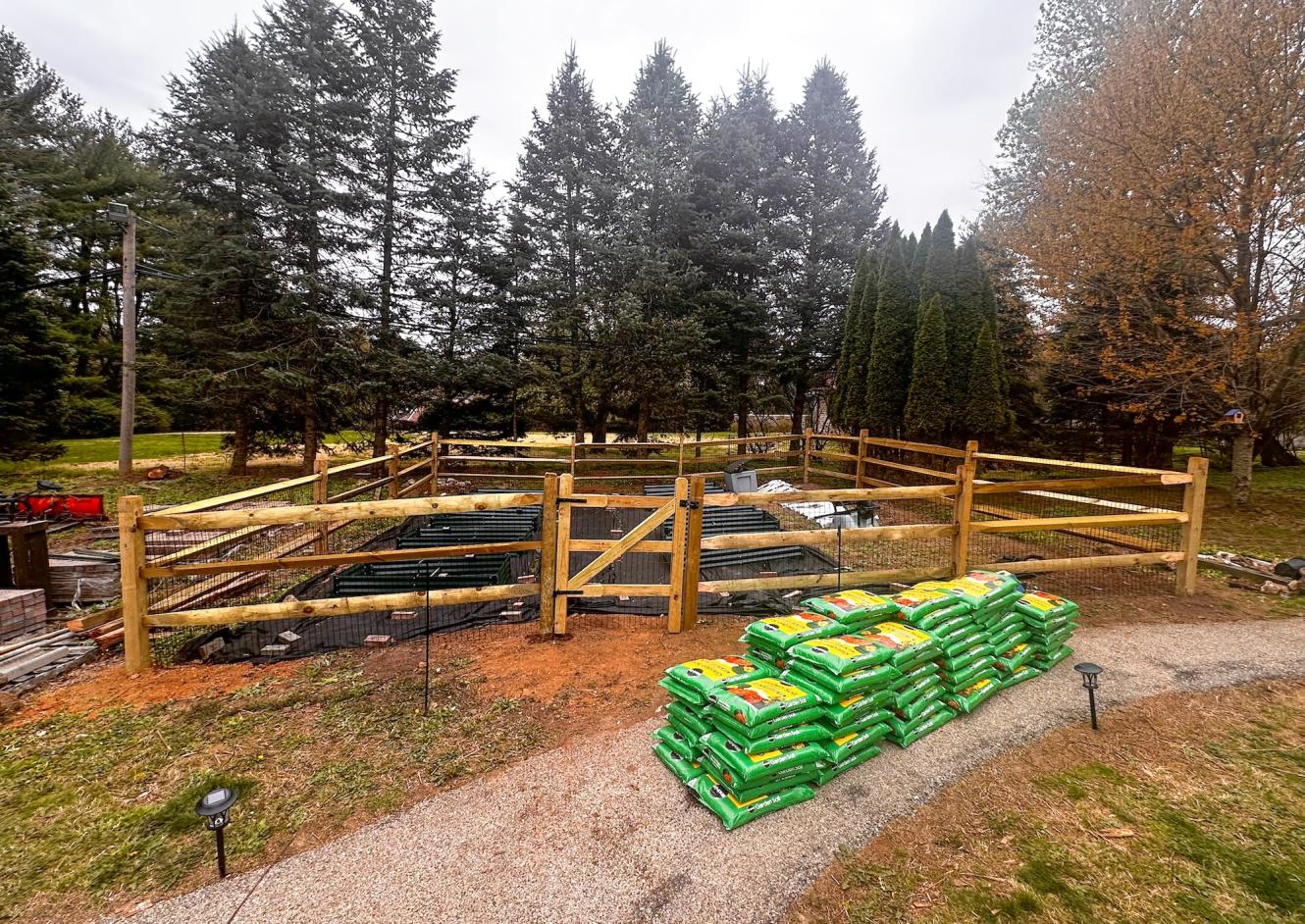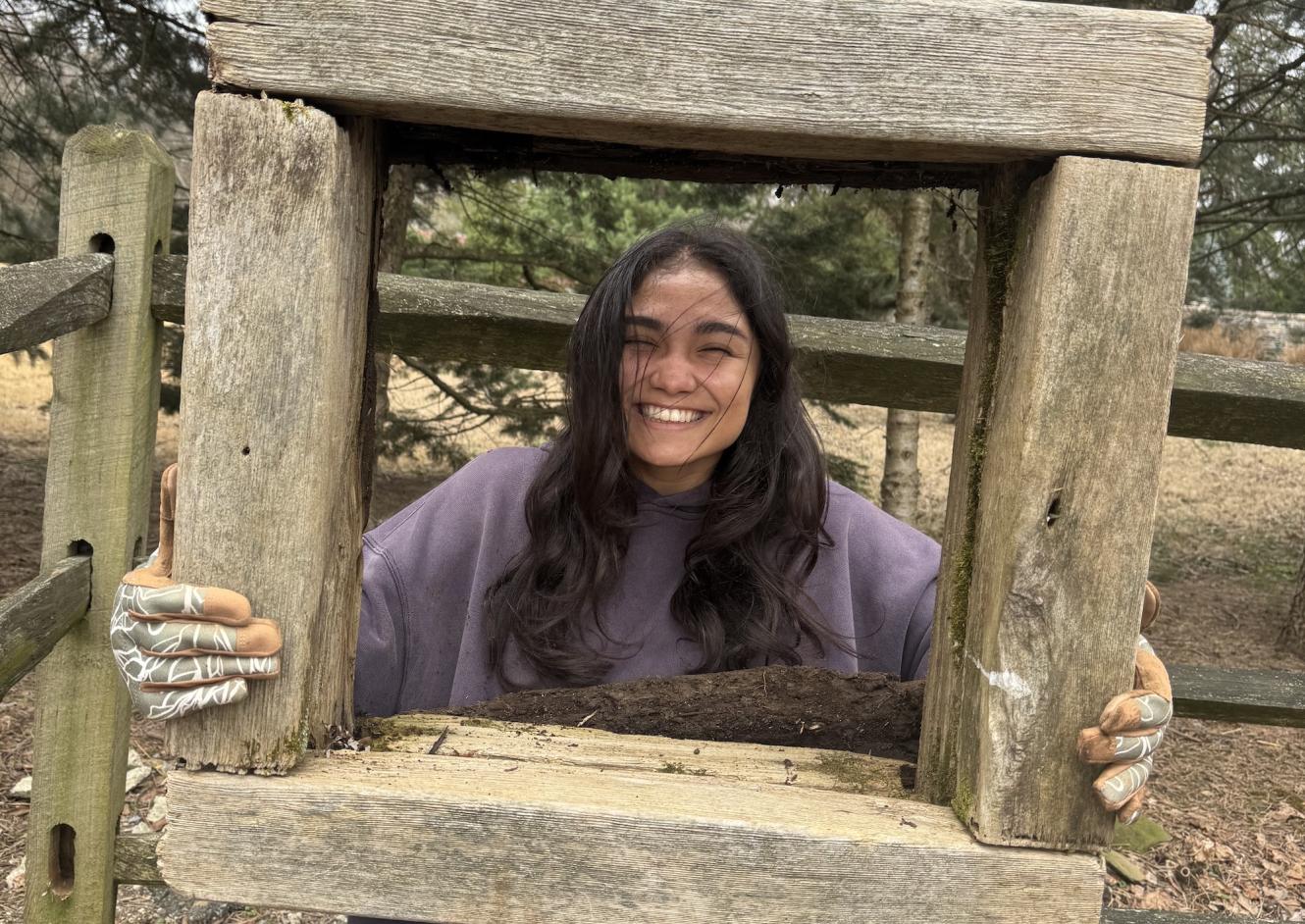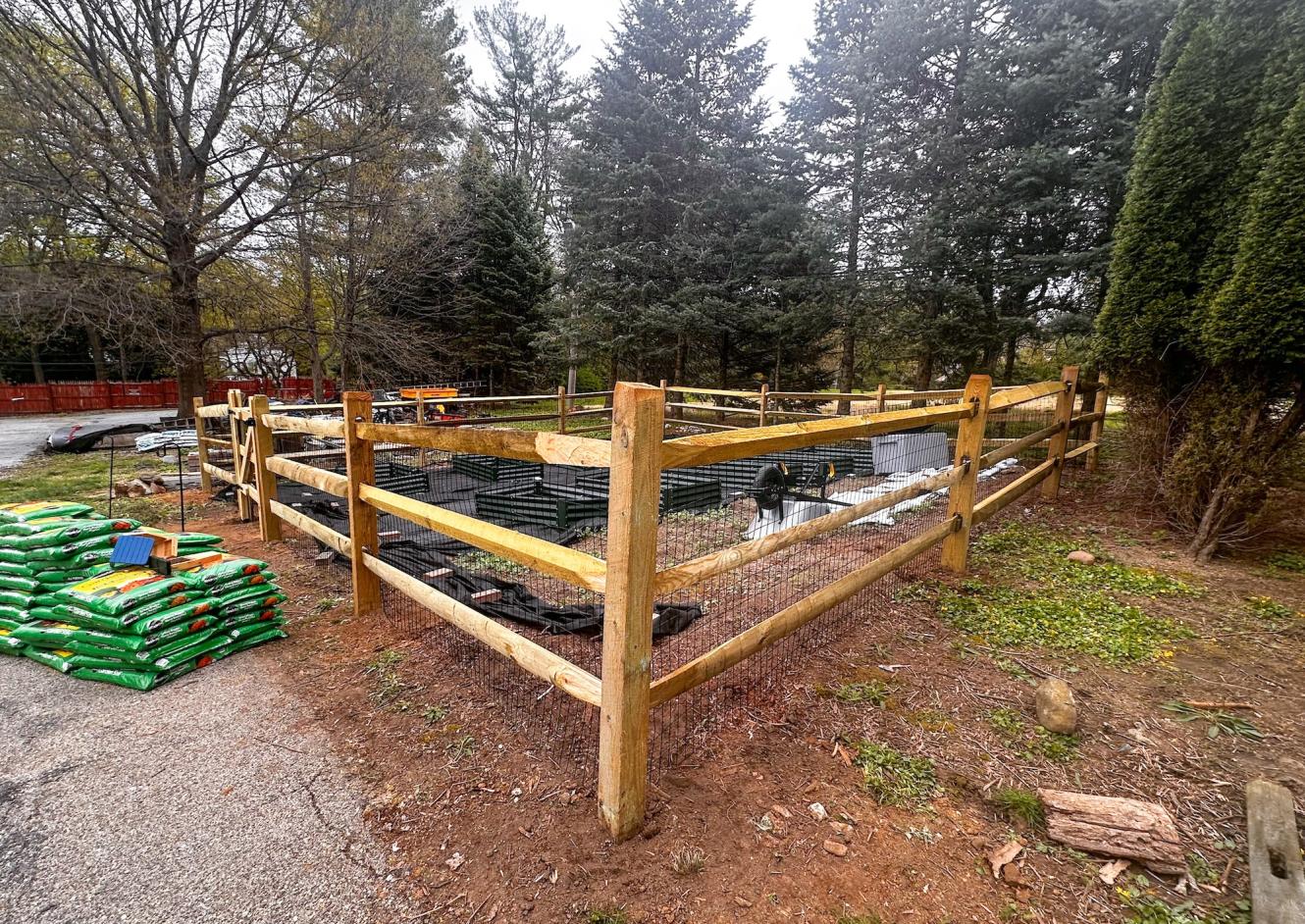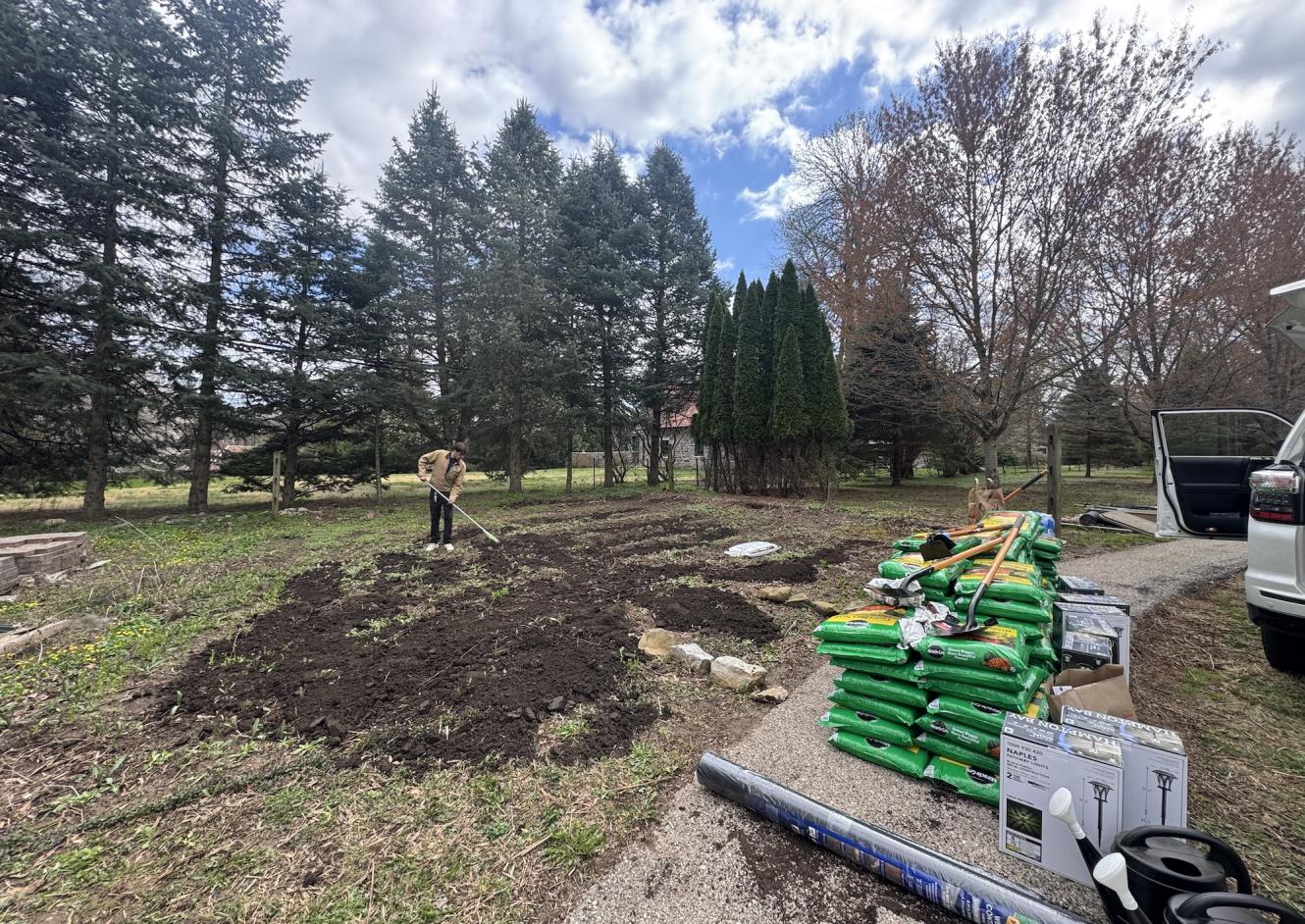Q&A with Club Leader Soleil Torres-White




Earthkeepers is a student-led organization at Eastern University committed to promoting environmental stewardship and sustainability on campus and beyond. Through hands-on projects, educational events, and community initiatives, the club seeks to encourage a deeper appreciation for creation and responsible care for the Earth. Earthkeepers leader, Soleil Torres-White, shares insight into the club’s mission, ongoing initiatives, and the impact of their work.
1. Can you introduce yourself and tell us your role in Earthkeepers?
My name is Soleil Torres-White, and I'm an Environmental Science major and Communications minor. I've been a part of Earthkeepers since I was a freshman here at Eastern, and now I'm a senior and the club leader! I help to plan events for the club, such as the garden reconstruction and our flower bouquet event alongside the club's vice president, Jayden Silver.
2. What is the mission or purpose behind the Earthkeepers club?
Our mission is to advocate for God's creation, helping people to see all of nature around us as a beautiful gift. We want to achieve this through spreading awareness in our community of sustainability and love for the Earth.
3. What kind of projects or events do Earthkeepers typically take on throughout the year?
Each year, we’ve done different events like plant giveaways and seedling growing workshops for students and faculty. This year, we introduced a flower bouquet activity. Next year, we plan to propose new campus recycling bins and volunteer with local schools on outdoor restoration projects.
4. Why do you think environmental stewardship is important on a college campus?
Environmental stewardship is essential on college campuses. As future leaders, building sustainable habits now prepares us to make a lasting impact beyond college. Campuses have large carbon footprints that use significant energy, water, and resources, so our choices matter. By being responsible, we can reduce waste and pollution, starting right here, with us.. Campus sustainability projects like clean-ups or community gardens give us an opportunity to work together and really connect with each other. This is a great way to build community while doing something that matters.
5. Can you tell us about the garden resurrection project? What inspired this initiative?
We began working on the garden a couple of years ago, but only managed to clear about half of the weeds. This year, Jayden and I decided to take initiative and fully restore it, creating a space where people can enjoy the outdoors. We wanted to give something meaningful back to the school, which in this case is a garden that offers both fresh food and a peaceful place for the community. Receiving a grant was a huge help in bringing the garden back to life.
6. What condition was the garden in when you started, and what are the main goals for bringing it back to life?
The garden was in rough shape. The wood was rotten all along the fencing and garden beds, and it was filled with weeds that were standing at about 5 feet tall. Our main goal is to replace the beds with durable metal ones that will last for years. We also want to grow fruits and vegetables for students and the local community to eat. Another goal is to eventually get chairs to put around the garden for people to sit, chat, read, or just be.
7. What kind of plants or features are you incorporating into the garden? Is it more decorative, practical, or a mix of both?
We're planning to plant raspberries, strawberries, blueberries, and blackberries—fruits people can just pick off and snack on while they're visiting. We also recently learned you can eat tulips! So we’re excited to include those too, along with vegetables like cucumbers and tomatoes. A few of the garden beds will also be dedicated to pollinator gardens, creating a welcoming space for bees and butterflies to thrive.
8. What kind of impact do you hope the garden will have on campus—both visually and environmentally?
Visually, the garden will be a colorful addition to the campus, to both students and the local community. Having more green space, flowers, and fresh food growing on campus would create an inviting place for students and the community to love. The garden would also help to cultivate community, bringing students, professors, and local residents together. Whether you’re hanging out, watering the plants, or just passing by, it provides a relaxed way for people to create connections. A new garden on campus would not only provide community and a beautiful visual, but also help the environment! The garden would help to clean the air and support our local pollinators like bumble bees, butterflies, and birds. Adding more plants is a great way to cultivate more biodiversity on campus. Students would also be able to have hands-on learning experiences for sustainability, biology, and healthy eating. I have hope that this garden will be good for the Earth, our community, and our minds. :)

